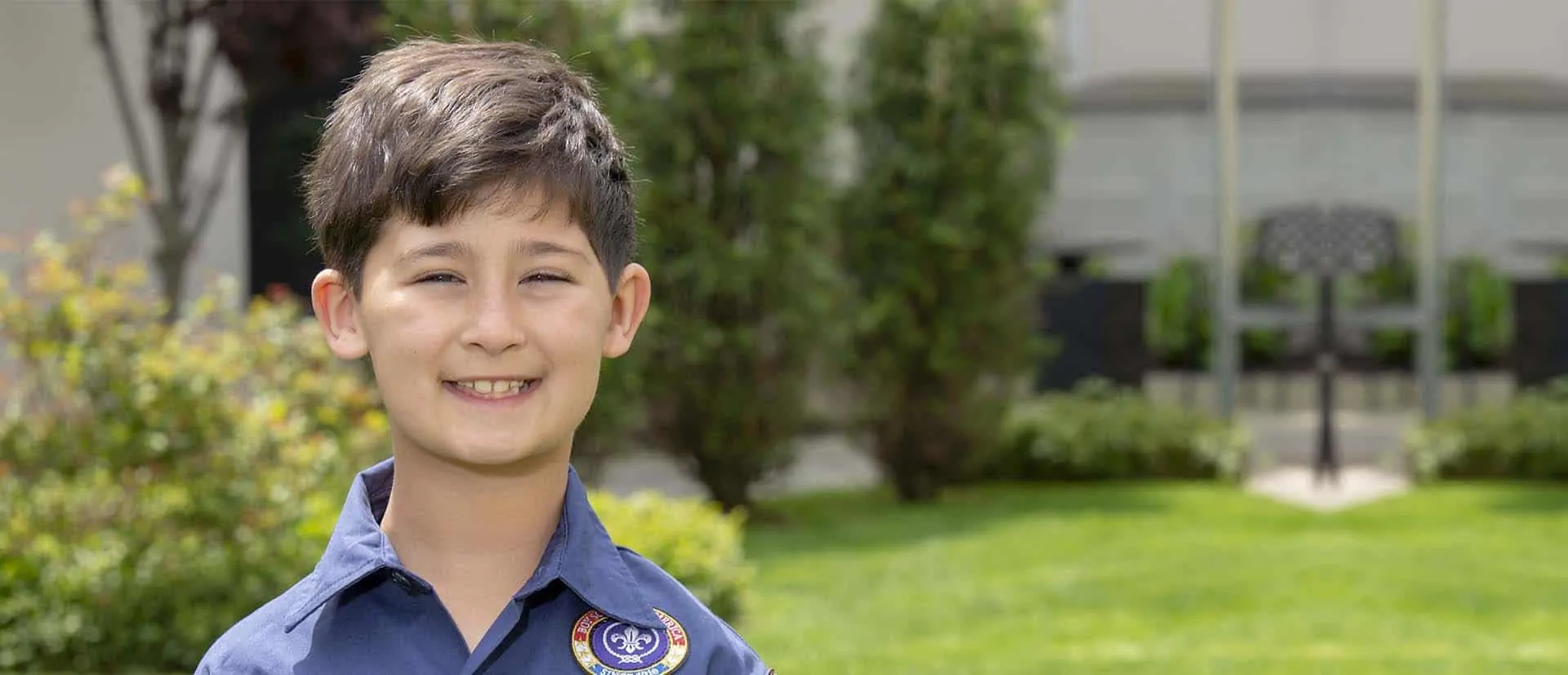We understand that children can often feel frightened by the sounds, sensations, and smells associated with dentistry. We try to avoid the development of dental anxieties by providing a truly wonderful, child-friendly atmosphere with a staff that knows kids and treats them gently and with compassion. But some children and people with special needs still have a difficult time with their dentistry.
We can help. This is fundamental to the way we practice dentistry – we know that frightening early dental experiences are one of the leading causes of dental neglect and future dental problems.
What is Sedation/Hospital Dentistry?
Sedation dentistry is routine pediatric dental procedures, such as fillings, crowns, extractions, pulp therapy, and much more, performed while your child is asleep. A board certified anesthesiologist will place your child under general anesthesia and carefully monitor your child throughout the entire procedure and recovery phase.
Because your child is asleep for the entire procedure, Drs. Ehrenman and Khan can perform any dentistry your child might need under ideal circumstances, on an out-patient, ambulatory basis. We treat our patients at NYU Winthrop, as well as Nassau University Medical Center and Stony Brook University Hospital. Sedation dentistry is also performed in the comfort of our office with a board certified anesthesiologist present.
Drs. Ehrenman and Khan maintain the highest credentials. Both Dr. Ehrenman and Khan are certified in Pediatric Advanced Life Support and Advanced Cardiac Life Support. In addition, Dr. Khan maintains Oral Conscious Sedation certification.
Why Would My Child Need Sedation/Hospital Dentistry?
Some children, because of high anxiety or age, are unable to cope with traditional dental treatment. When this fear and anxiety causes them a tremendous amount of stress, we recommend hospital/sedation dentistry.
Physically or mentally challenged children are also candidates for this type of treatment.
Hospital/Sedation dentistry is also a great option when extensive dentistry is required on a very young patient. It allows the dentistry to be completed in one visit, avoiding long and/or multiple office visits along with potential behavior problems.

